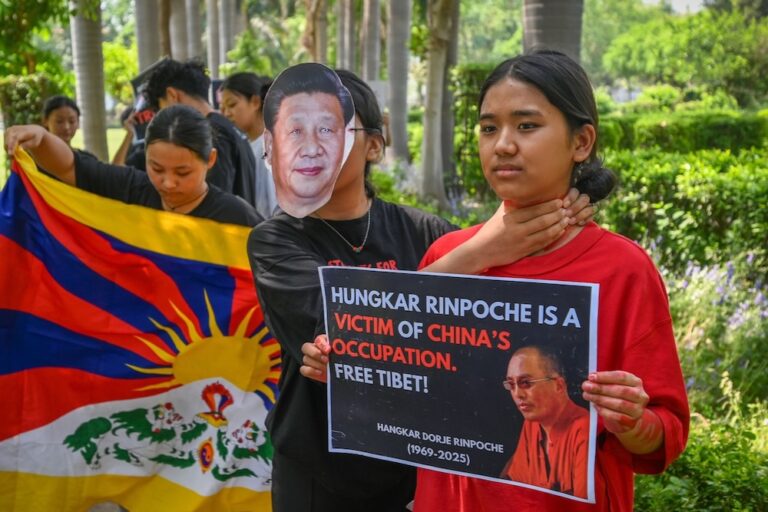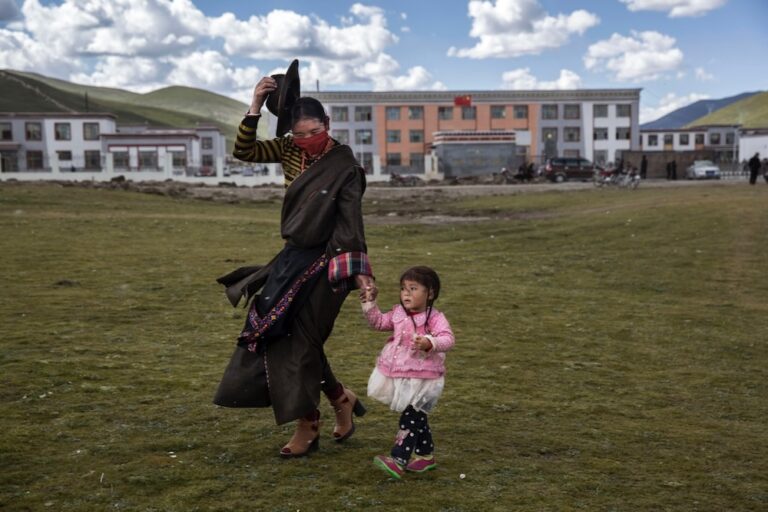Buddhist monk Yonten Gyatso, who has been arbitrarily detained for months, received a seven-year prison sentence for spreading information about Tibet.
(RSF/IFEX) – 23.08.2012 – Reporters Without Borders condemns the arbitrary detention for months of the prominent Tibetan Buddhist monk Yonten Gyatso, and the seven-year prison sentence he has received for spreading information about Tibet. The organization calls for his immediate release and the withdrawal of the charges against him.
The sentence was handed down on 18 June by the Ngaba Intermediate People’s Court. His friends and family, and the news organizations to which he contributes, only heard about it yesterday, two months later – a sign of the lack of transparency concerning prisoners in Tibet.
He is serving his sentence in Mianyang prison in the western Chinese province of Sichuan. No-one knew where he was being held until the verdict was announced. Yonten Gyatso, a senior monk in Ngaba County and a human rights activist, is the founder of a primary school in the village of Khashishul where the Tibetan language is taught. He is accused of sharing photographs and information about the self-immolation of the Buddhist nun Tenzin Wangmo in October last year. He was also convicted of spreading information about the political situation in Tibet since 2008.
He was arrested on 18 October at the Khashi Gyephel Samtenling monastery and taken to a detention centre in the Bhugang district of Chengdu, the Sichuan provincial capital. According to information reaching Reporters Without Borders from the area, Yonten Gyatso was beaten and tortured by officers of the local State Secrets Bureau.
“In Tibet, the flow of information is problematic. Independent reporters are not allowed into the region, apart from a few foreign journalists making the occasional visit with official approval. This means the only local sources of information are Tibetan citizens prepared to distribute news and photographs outside Tibet,” Reporters Without Borders said.
“In China, leaking state secrets outside the country is a crime under article 32 of the Law on Guarding State Secrets.
“Any news that is disturbing or political in nature is liable to be deemed a state secret.
“Beijing’s isolation of Tibet is increasingly worrying. In March this year, the head of the Tibet Communist Party, Chen Quanguo, ordered the local authorities to tighten their control over all means of communication, in particular mobile phones and the Internet, in order to ‘maintain the public’s interests and national security’.”
China is ranked 174th of 179 countries in the 2011-2012 World Press Freedom Index compiled by Reporters Without Borders and is on the organization’s 2012 list of “Internet Enemies”.


